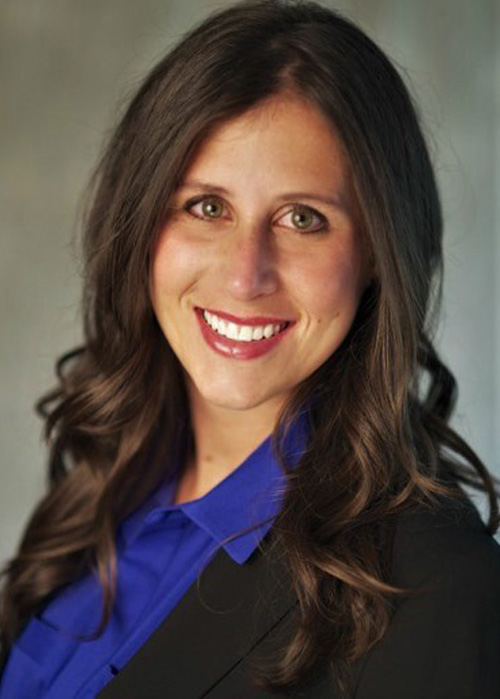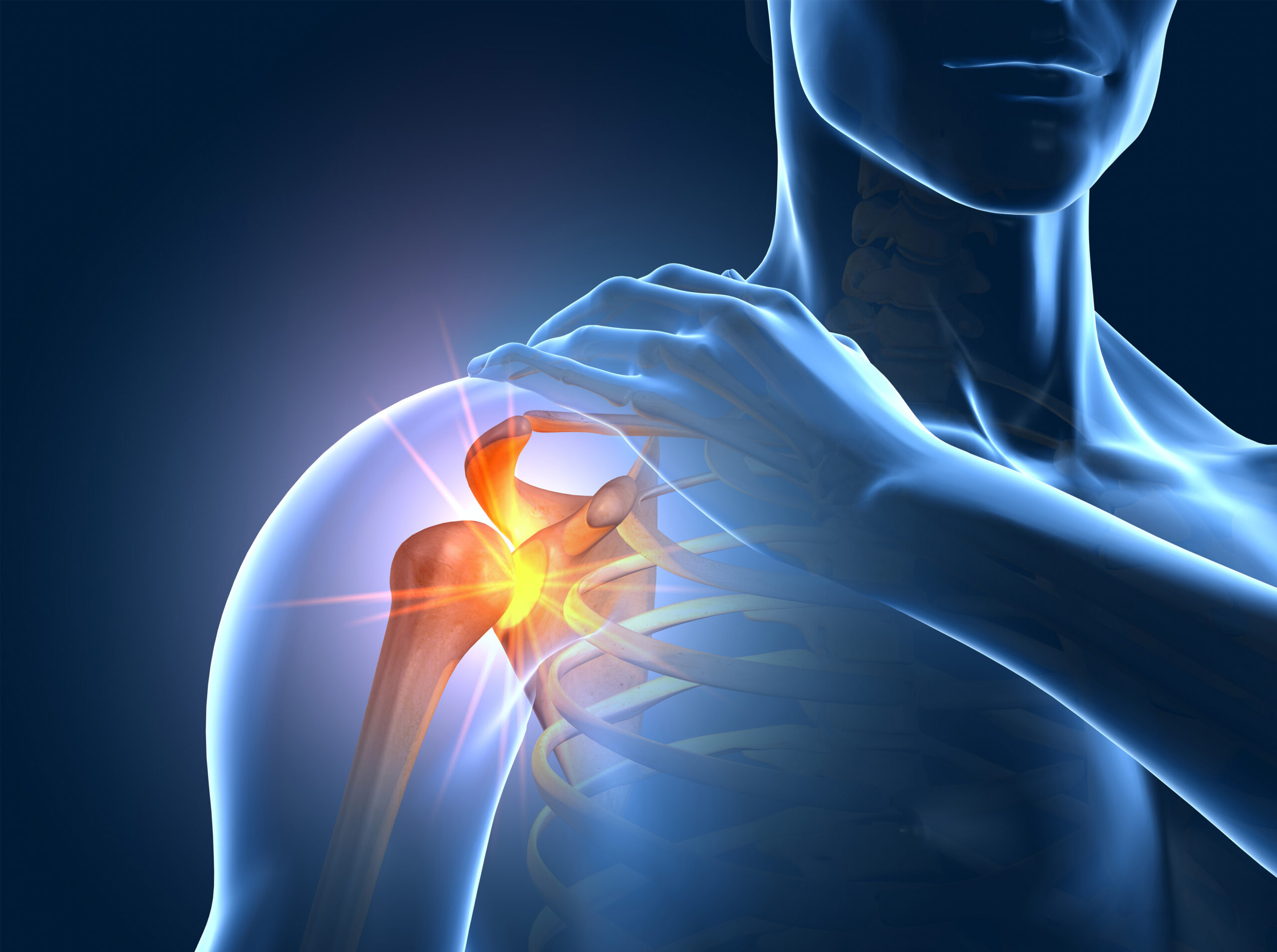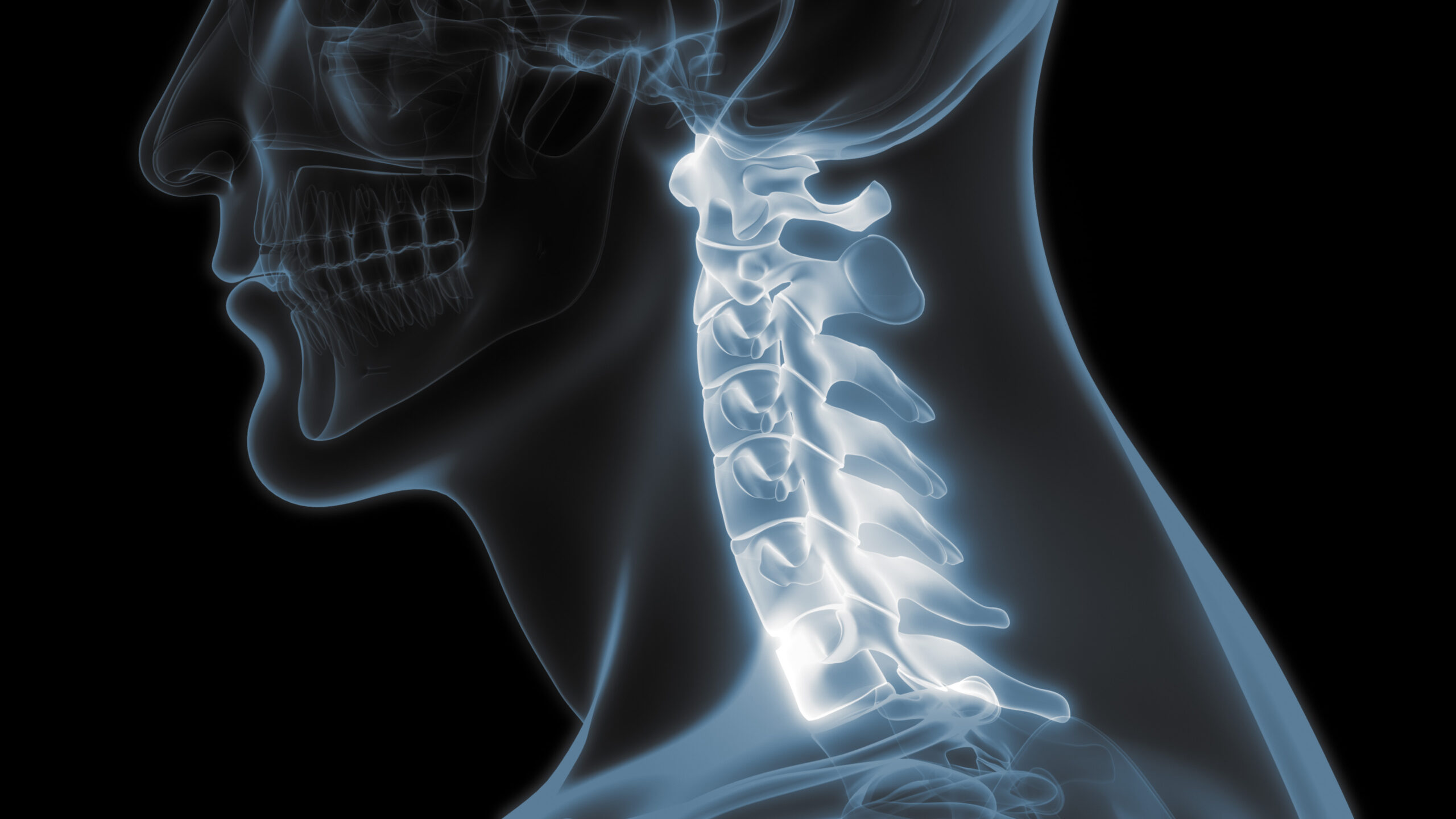Joint Cartilage Restoration in Colorado Springs
Many Colorado Springs patients may wonder if joint cartilage restoration is the best treatment option for their joint issues. Joint pain and stiffness can be quite debilitating and worsen over time. Most people experience cartilage problems in their knees. However, it can also occur in the shoulder, elbow, hand, wrist, ankle, or hips. Unfortunately, cartilage does not heal on its own due to the lack of direct blood supply. One treatment for a cartilage injury or disease is to restore the cartilage rather than replace the joint.
If you are experiencing joint pain caused by cartilage damage, call us today to schedule a consultation and discuss treatment options with one of our Cartilage Restoration Specialists at Colorado Springs Orthopaedic Group. We can provide you an accurate diagnosis to determine the cause of your problem. We can also recommend an optimal treatment plan to help you become pain-free and active again. Call 719-632-7669 to schedule.
Below you will find additional information on the various Cartilage Restoration treatment options for joint pain offered at Colorado Springs Orthopaedic Group.
Causes
The general causes of cartilage damage include chronic or acute injury, trauma, disease, or degeneration. In all cases, the cartilage has been compromised and no longer provides smooth gliding or cushioning of the joint.
Cartilage Injury or Trauma:
If you fall or sustain a traumatic sports injury, you can tear or separate joint cartilage. Usually, the pain will be sharp and sudden. It is also possible to damage ligaments or tendons in the joint area at the same time. Thus, the pain, inflammation, and stiffness you experience could be caused by compounding injuries. Your joint may also lock-up, give way, or feel unstable when trying to bear weight on it.
Cartilage Disease or Degeneration:
Arthritis, specifically osteoarthritis, is the most common cause of joint pain. With arthritis, the cartilage is damaged and inflamed from long-term wear and tear. Sometimes the pain is persistent. Other times it can come and go, even while resting. Most often, the pain worsens when you try to use the joint or place weight upon it. You may also experience a grinding or clicking sensation. These symptoms can be exasperated by living a high-impact, rigorous lifestyle or by carrying extra body weight. To some degree, cartilage degeneration can be genetic.
Other Joint Issues That Have Similar Symptoms
Rheumatoid arthritis: Rheumatoid arthritis (RA) is a disease where your immune system attacks the lining of your joints. RA can cause pain and disfigurement.
Gout: Gout is caused by the buildup of uric acid in the joint. The acids crystalize and cause a flare-up of sudden and intense pain. Gout is common in the knees, fingers, and toes.
How to Restore Cartilage in Joints Naturally
Cartilage does not have a direct blood supply to bring healing nutrients to the tissue therefore, it generally does not heal on its own. In some cases, conservative treatment methods such as physical therapy can help with strengthening a joint, taking pressure off of the damaged cartilage however, if the damage or degeneration is too severe, surgery may be required to restore function and decrease the associated pain.
Cartilage Restoration Joint Surgery
With Cartilage Restoration Joint Surgery, your physician may elect to repair the damaged cartilage in one of two ways:
Cartilage Repair
The damaged cartilage may be removed using certain techniques, and the bone is resurfaced, like “repaving a street.” During the operation, the physician may use different innovative systems to accomplish this such as MACI©, DeNovo© (Zimmer-Biomet), or Biocartilage/Cartiform© (Arthrex). When the MACI© procedure is used, cartilage cells are retrieved from the patient, sent to a lab for processing, and later implanted back into the same patient to provide a smooth surface of their own cartilage. With the other options, cartilage cells from a donor are used to fill in the defect and provide an even cartilage surface. In both cases, the joint biology is restored, leaving no area of damaged cartilage.
Cartilage Reconstruction
If the bone underneath the cartilage is also damaged, the physician may perform a cartilage reconstruction procedure, similar to “filling in the pothole.” If the lesion is small, then healthy cartilage from an unused part of the knee may be transplanted to the area that needs it. This procedure is called an Osteochondral Autograft Transplant (OATs). For larger areas of damage, you may need a donor “plug” to fill in the defect. This procedure is called Osteochondral Allograft Transplantation (OCA). In both cases, the joint surface is restored with new cartilage and underlying bone.
Procedure
Typically, cartilage restoration joint surgeries can be done arthroscopically or with minimally invasive techniques. This means your physician will insert a camera called an arthroscope through small incisions made around the joint allowing the physician to see in detail within the joint. Minimally Invasive procedures are procedures where smaller incisions, compared to traditional open surgeries, are made allowing for less damage to the surrounding structures and for the body to heal at an accelerated rate, inevitably shortening the recovery time. These minimally invasive procedures also decrease the chance of infection and typically reduce scarring.
A typical joint restoration surgery can take anywhere between 1 to 4 hours to complete and is usually an outpatient procedure that allows you to recover in the comfort of your own home, the same day as surgery.
Our Cartilage Restoration Doctors
At Colorado Springs Orthopaedic Group, we are fortunate to have highly skilled and compassionate cartilage restoration joint surgeons who specialize in the diagnosis and treatment of all conditions affecting the joints and associated cartilage.

Jamie L. Friedman, MD
Dr. Friedman’s interests include treating a full range of sports injuries and specializes in complex injuries involving the shoulder and knee.
> Jamie L. Friedman, MD
Cartilage Restoration Near Me
We have two cartilage restoration surgery centers in Colorado Springs:
North Location
4110 Briargate Parkway, Suite 300,
Colorado Springs, CO 80920
(719) 867-7320
South Location
1259 Lake Plaza Drive, Suite 100,
Colorado Springs, CO 80906
(719) 622-4524
Is Joint Cartilage Restoration Right for You?
Contact us today at 719-632-7669 to schedule a consultation and learn if cartilage restoration for joint pain is right for you. We are ready and dedicated to helping you get pain-free!
Visit us at www.csog.net to learn more.


